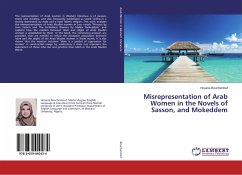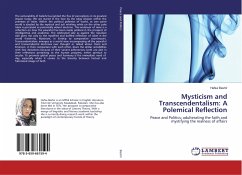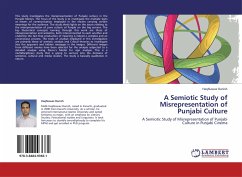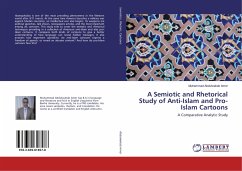
Misrepresentation of Arab Women in the Novels of Sasson, and Mokeddem
Versandkostenfrei!
Versandfertig in 6-10 Tagen
36,99 €
inkl. MwSt.

PAYBACK Punkte
18 °P sammeln!
The representation of Arab women in Western literature is of passive, exotic and voiceless, and also frequently symbolized as veiled victims in a society dominated by male and a rigid Islamic religion. This work analyses the misrepresentation of Arab Muslim women in two novels "Princess by Jean Sasson and The Forbidden Woman by Malika Mokeddem" and explains how the relation between Islam and plight of Arab Muslim women is established by them. In this book, the convincing answers are provided, that are needed to refuse the deceptive association between Islam and the plight of the Arab Muslim wo...
The representation of Arab women in Western literature is of passive, exotic and voiceless, and also frequently symbolized as veiled victims in a society dominated by male and a rigid Islamic religion. This work analyses the misrepresentation of Arab Muslim women in two novels "Princess by Jean Sasson and The Forbidden Woman by Malika Mokeddem" and explains how the relation between Islam and plight of Arab Muslim women is established by them. In this book, the convincing answers are provided, that are needed to refuse the deceptive association between Islam and the plight of the Arab Muslim women in these novels. It is also shown that the western notation "Islam is a symbol of oppression for women" is constructed image by westerners it does not represent the experience of those who live and practice their Islam in the Arab Muslim World.












